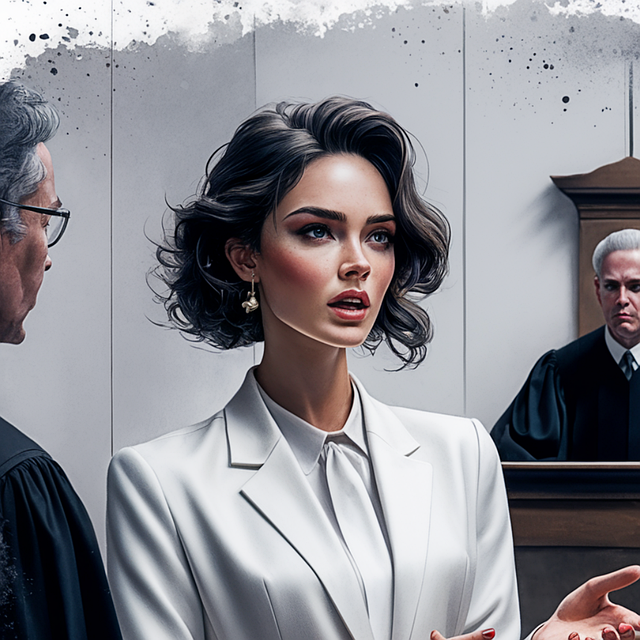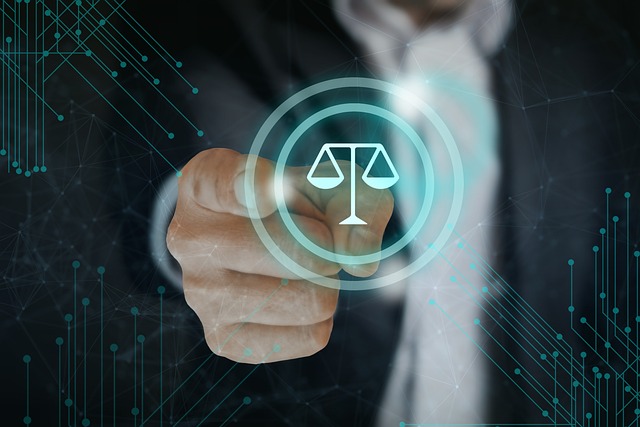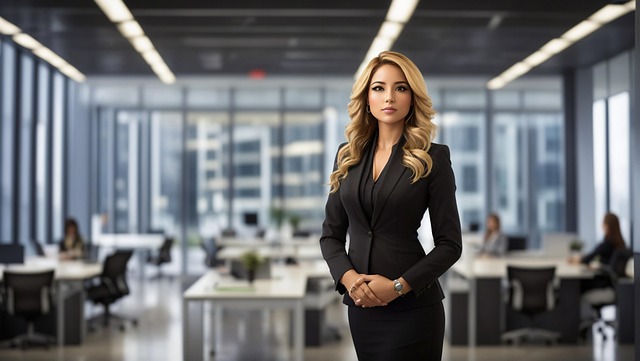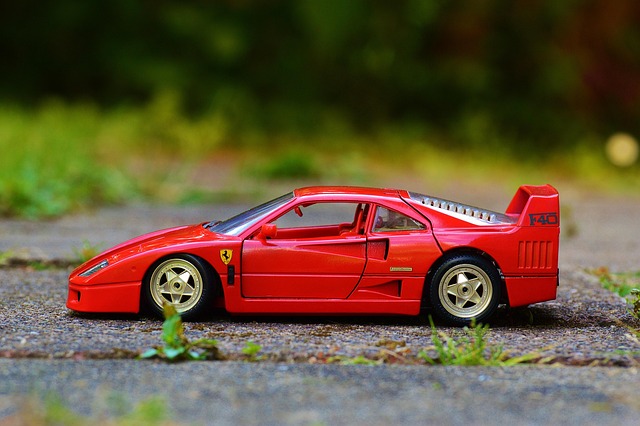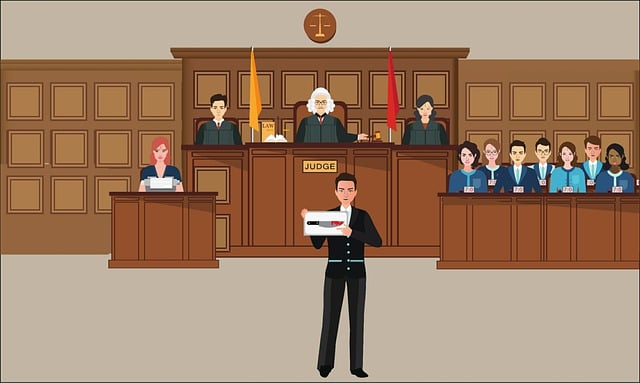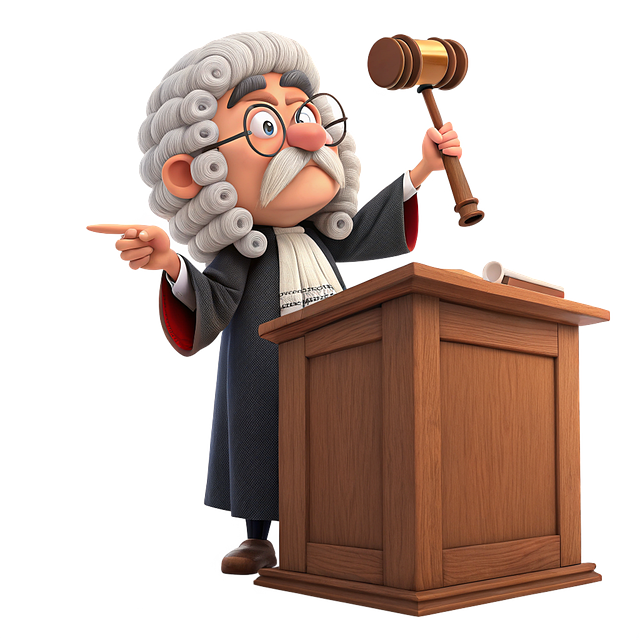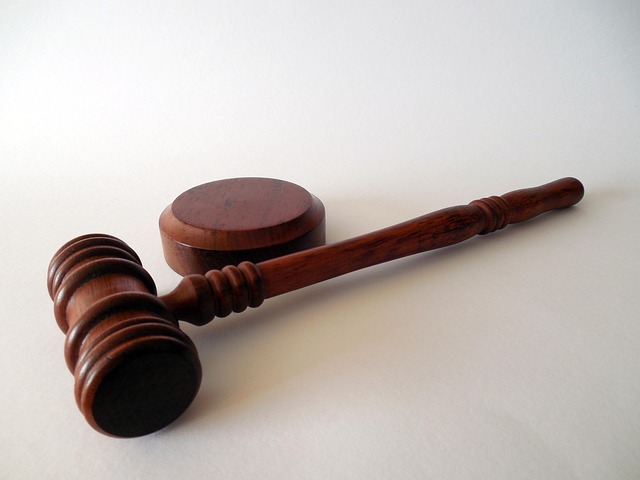Understanding jurisdiction-specific premises liability laws is crucial for establishing liability in wet floor accidents on public property. Property owners and third parties have distinct duties; determining liability involves control, knowledge of hazards, and risk mitigation. Consulting a personal injury lawyer can help navigate legal rights, determine compensation entitlements, and hold accountable those negligent in maintaining safe premises.
A wet floor accident on public property can lead to severe injuries and legal complexities. Understanding who is liable is crucial for victims seeking justice and compensation. This article delves into the legal landscape surrounding wet floor accidents, exploring key considerations such as property ownership, third-party responsibility, and available legal remedies. By gaining insights into these aspects, you’ll be better equipped to navigate potential liability issues and know your rights in the event of a slip and fall on public land.
- Understanding Wet Floor Accident Laws
- Determining Liability: Property Owner vs. Third Parties
- Legal Recourse for Injuries Sustained on Public Property
Understanding Wet Floor Accident Laws
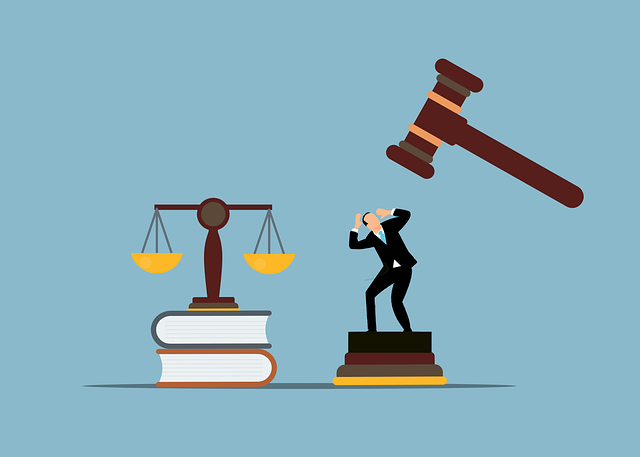
In the event of a wet floor accident on public property, understanding the relevant laws is crucial to determining liability. Wet floor accident laws vary by jurisdiction but generally fall under premises liability, which focuses on who is responsible for maintaining safe conditions on their property. These laws are designed to protect individuals from harm caused by dangerous conditions, including slippery floors. Property owners or managers have a duty of care to ensure that their premises are free from unreasonable risks, and failure to do so can result in legal consequences.
When it comes to public spaces, local governments often bear the responsibility for maintaining safety. However, in some cases, third parties like contractors or vendors might also be held accountable if they contribute to the hazardous condition. Additionally, specific situations such as caregiver abuse, partnership disagreements, or employment contracts can influence liability, as these relationships may establish unique obligations and responsibilities related to wet floor accidents.
Determining Liability: Property Owner vs. Third Parties
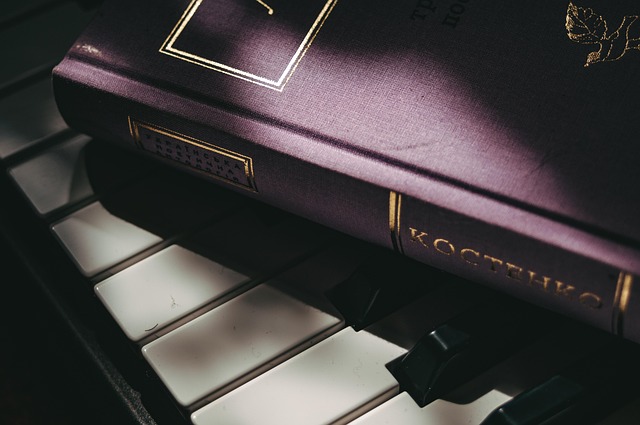
When it comes to establishing liability for a wet floor accident on public property, the primary distinction lies between the property owner and third parties. The property owner, whether it’s a local government or a private entity, has a legal duty to maintain the premises in a safe condition. Negligence on their part, such as failing to clean up spilled liquids or properly warn of wet conditions, can result in them being held liable for any resulting personal injury claims.
On the other hand, third parties like contractors, vendors, or even visitors could also play a role. If an individual causes a wet floor accident while not in their official capacity (e.g., a vendor setting up a booth), determining liability becomes more complex. In such cases, factors like control over the area, knowledge of the hazard, and failure to mitigate the risk are crucial. An auto accident lawyer specializing in personal injury claims or wrongful death settlements would advise that understanding these nuances is essential for navigating legal options following such incidents.
Legal Recourse for Injuries Sustained on Public Property
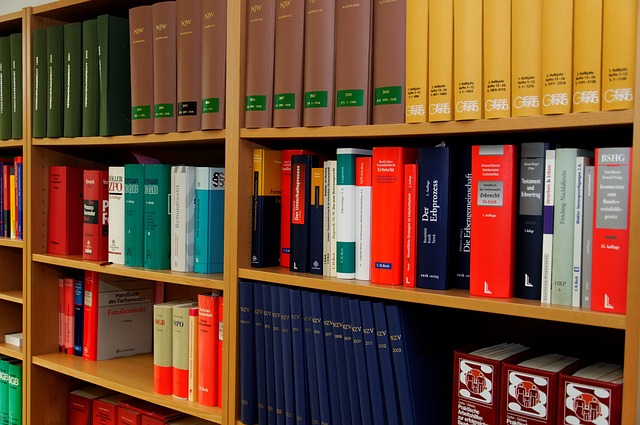
If you’ve suffered an injury due to a wet floor accident on public property, understanding your legal options is crucial. In many jurisdictions, local governments and property owners are held liable for maintaining safe premises, including ensuring dry and well-maintained floors in public spaces. A personal injury lawyer can help navigate this process, advising you on the best course of action based on the specific circumstances of your accident.
If negligence on the part of the property owner or management is established—for instance, if they were aware of a wet floor but failed to take reasonable precautions—you may be entitled to compensation for your medical expenses, pain and suffering, lost wages, and other related damages. A product liability lawyer might also be involved if the accident was linked to faulty flooring or maintenance equipment. Ultimately, pursuing a slip and fall settlement can provide the financial support needed during recovery while ensuring accountability for unsafe conditions on public property.
When it comes to wet floor accidents on public property, understanding liability is crucial. By grasping the legal frameworks surrounding these incidents, individuals injured can navigate their options and seek appropriate recourse. Whether the property owner or a third party is at fault, knowing one’s rights is essential in ensuring justice and compensation for any injuries sustained. This knowledge empowers folks to take proactive steps after such accidents, potentially preventing similar occurrences in the future.
